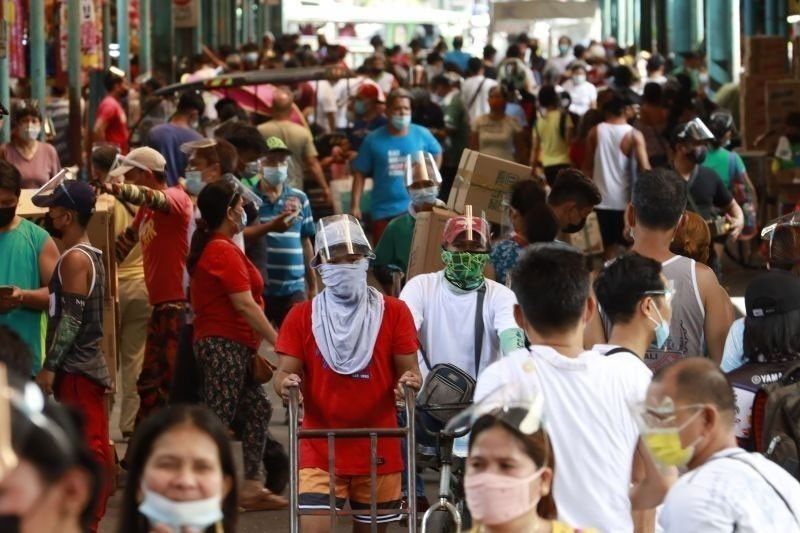Philippine household income among most impacted by COVID-19 in Southeast Asia

MANILA, Philippines — Incomes of Filipino households were among the most negatively impacted in Southeast Asia due to the pandemic and this is seen affecting longer-term human capital formation.
In a working paper, Tokyo-based Asian Development Bank Institute (ADBI), the multilateral lender’s think tank, said Southeast Asian households bore the brunt of the pandemic and the resulting lockdowns since 2020.
ADBI researchers Peter Morgan, Long Trinh and Kunhyui Kim said the impacts included unemployment, loss of income, high prices of commodities, and reduced access to schooling.
ADBI conducted a survey across seven ASEAN countries Philippines, Cambodia, Laos, Indonesia, Malaysia, Thailand and Vietnam to see how household incomes were affected by COVID.
The survey revealed that over 60 percent in the Philippines, Indonesia and Thailand reported that they had experienced financial difficulty during the first wave of the pandemic.
This further increased to 78 percent as the pandemic dragged on, with the highest difficulty seen in Cambodia, Indonesia, the Philippines and Thailand.
“This suggests that the prolonged nature of the pandemic has put increasing strains on household finances, even though incomes have stabilized somewhat,” the ADBI researchers said.
“Households with income sources from agriculture and business experienced declines in the Philippines and Vietnam,” they said.
Survey results showed that household characteristics that were associated with income declines belong to a lower income group, lower education level, female household head, with at least one person who lost their job, and located in lockdown prone areas.
“At first, COVID spread seemed to be under control in most countries except for Indonesia and the Philippines. They had by far the highest numbers of deaths,” the researchers said.
“This forced Indonesia and the Philippines to prolong their non-pharmaceutical interventions, especially in the Philippines,” they said.
Further, ADBI emphasized that the decline in household incomes significantly affects the intensity of online classes taken by children in an average household.
In turn, this has negative implications for longer-term human capital formation.
“This situation was most common in Cambodia and the Philippines where over 65 percent of households reported that their children did not attend online classes because they did not have a computer or tablet for their children to use,” the ADBI researchers said.
- Latest
- Trending


























